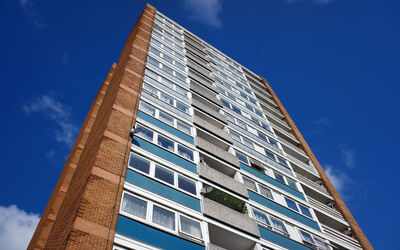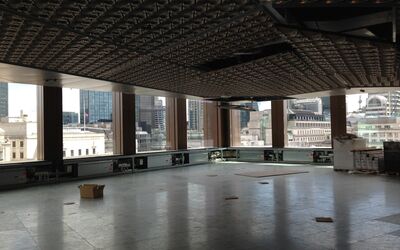It seems an age since the daily commute to our office was the norm. Do I miss the congested motorways and crowded trains? Of course not, but the ‘death of the office’ is a message I have heard regularly throughout these COVID months. With the second major lockdown in place and control of the disease not markedly improving, is this really the case?
The requirement to work remotely from home has worked very well for Plowman Craven and its employees, not only in relation to the health of our staff but it proves that the remote systems and procedures put in place pre-COVID have worked astonishingly well and we take our hat’s off to our IT team. So, is there a need to return to the office?
The activity levels that Plowman Craven has experienced in relation to office transactions has materially slowed down since the start of the pandemic. The reasons may be many but a re-evaluation of the attractiveness of the office sector in these current times is at the forefront of the thinking.
Speaking to a number of our clients, they feel confident that this is not the death knell of the office as a prime investment, but different criteria may be a determinant of where investment is placed. They believe that to become a long-term attractive investment the office will need to adapt, and I am in no doubt it will.
Why is the need for office space still important?
Ultimately, it is important for Social Capital. It is a place where you socialise, share ideas, collaborate, mentor and educate. It has an influence on company culture - the values, behaviour and expectations. The office, as a location, also provides structure.
COVID-19 in the immediacy means that staff need to trust and feel safe in their environment. As people return to the office there will be a need to sustain floor space and size to accommodate future requirements of social distancing. The office design will also have to change and be re-assessed on an ongoing basis. Personnel space is very important.
Post-COVID-19, primary high value locations will still be sought after, but I believe that factors such as health, wellbeing and the role the office plays for a tenant, will become a more dominant factor in assessing the attractiveness of an office investment.





